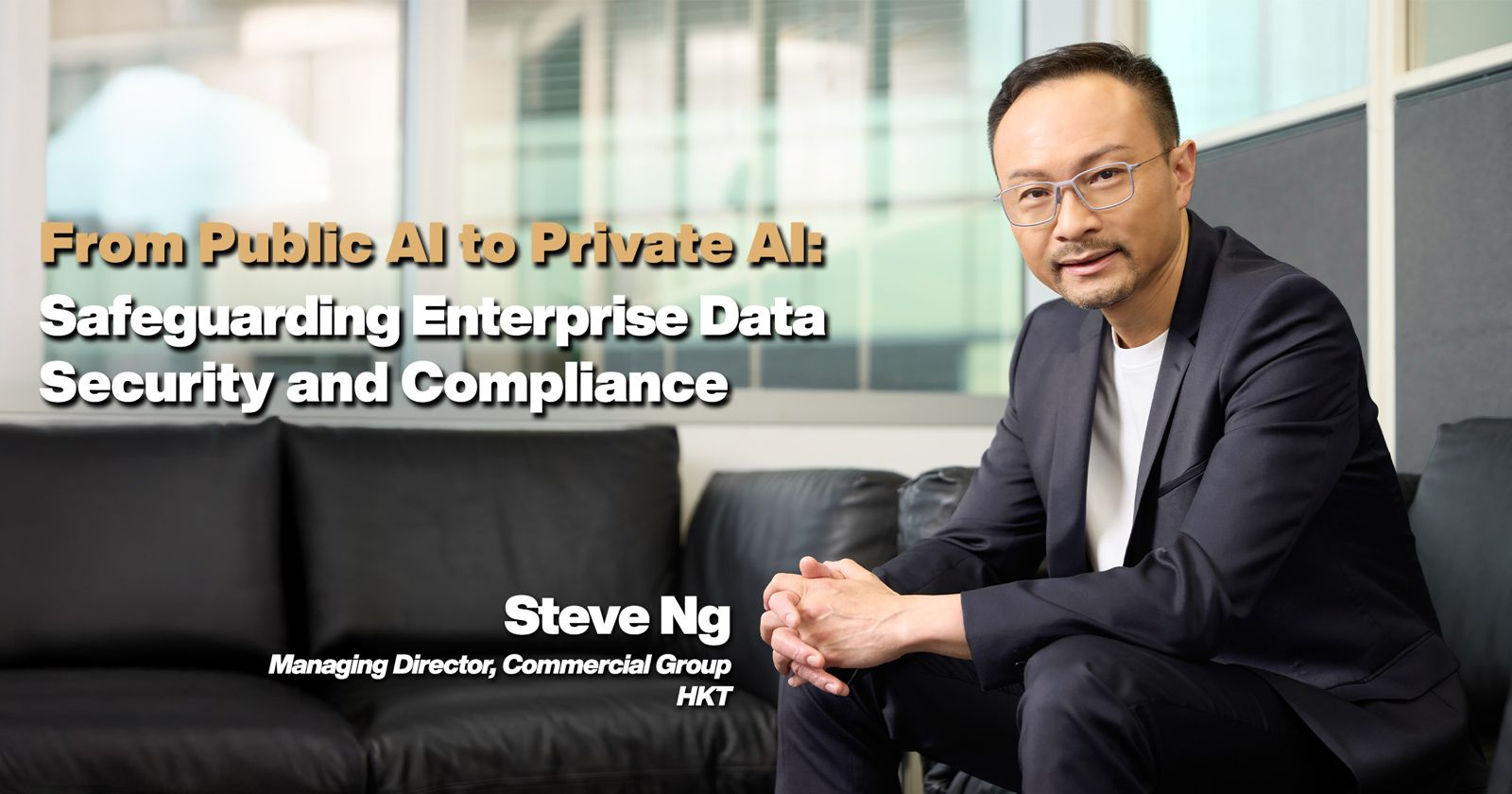Home
News & Updates
From Public AI to Private AI: Safeguarding Enterprise Data Security and Compliance

Applications such as Generative AI and Agentic AI are becoming widespread, driving digitalisation in business operations and workflows. In the early stages of AI deployment, enterprises choose to begin with lower-cost, faster-to-implement public cloud AI services (Public AI) as a first step. However, integrating enterprise data or workflows with Public AI presents potential challenges, including data security and compliance risks. These issues require careful consideration as enterprises deepen and expand their AI applications.
Public AI refers to AI computing and application services provided over the internet on public cloud platforms. When enterprises use such services, they may not have full control over how data is stored or utilised. There are also concerns that sensitive business data could be used to train large models on Public AI platforms or be exposed to third parties without the enterprise’s acknowledgement, increasing the risk of data leakage or unauthorised access. If enterprises fail to manage customer privacy data properly or meet regulatory requirements, they may suffer reputational damage and even face regulatory fines.
To support data security and compliance, enterprises can consider deploying efficient and secure Private AI solutions. By running Private AI on an enterprise-grade private cloud or deploying an On-Premise Private AI system within the organisation, AI models operate in a controlled environment. This reduces the risk of data leakage associated with Public AI and helps meet industry-specific compliance requirements. On-Premise Private AI operates in complete isolation from the internet, with all data processing conducted internally, providing a high level of privacy and security. Local deployment also offers strong customisability and flexibility, making it suitable for handling sensitive customer personal data, financial information or confidential business materials. For example, the insurance industry can use on-premise Agentic AI to query policy terms and conduct customer analysis to provide product recommendations while protecting customer data. In the healthcare industry, large local models can analyse patient medical records and support clinical staff with medication guidance while safeguarding patient data security. Enterprises can also apply On-Premise Private AI to monitor business performance and conduct business analysis while keeping business data secure.
When deploying On-Premise Private AI, enterprises should consider not only the infrastructure (such as Mac Studio workstations) but also software installation, AI model deployment (for example, DeepSeek/Qwen), system integration and management, testing, and user training. These elements help ensure system effectiveness and sustainability. Looking ahead, as awareness of data security in AI applications continues to grow, Private AI is expected to become a key strategy in enterprise AI development, enabling enterprises to balance innovation with compliance while advancing in the AI era.
Source: Steve Ng's Editorial on eDigest, 4th September, 2025. Translated by 1O1O Corporate Solutions.

